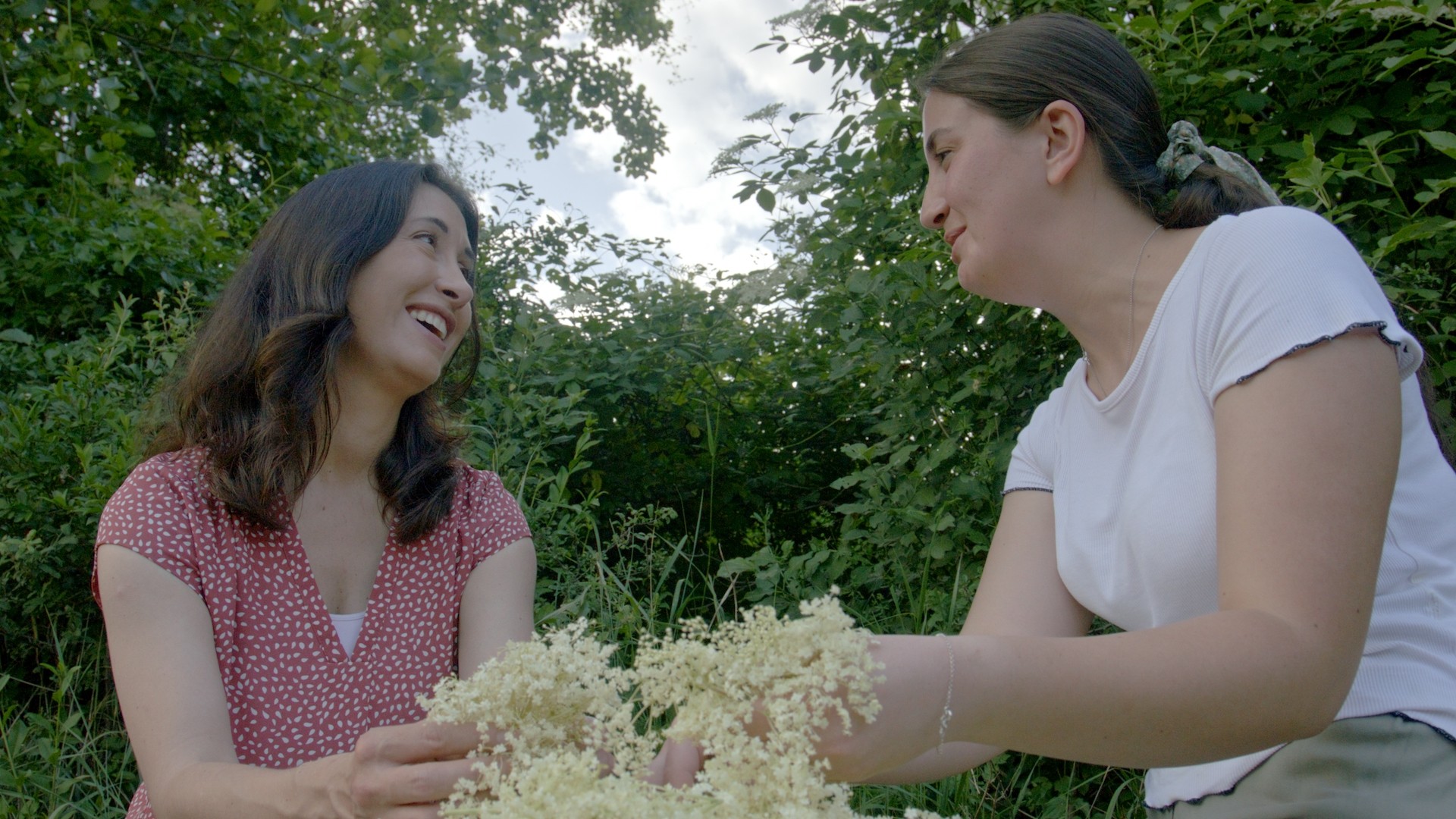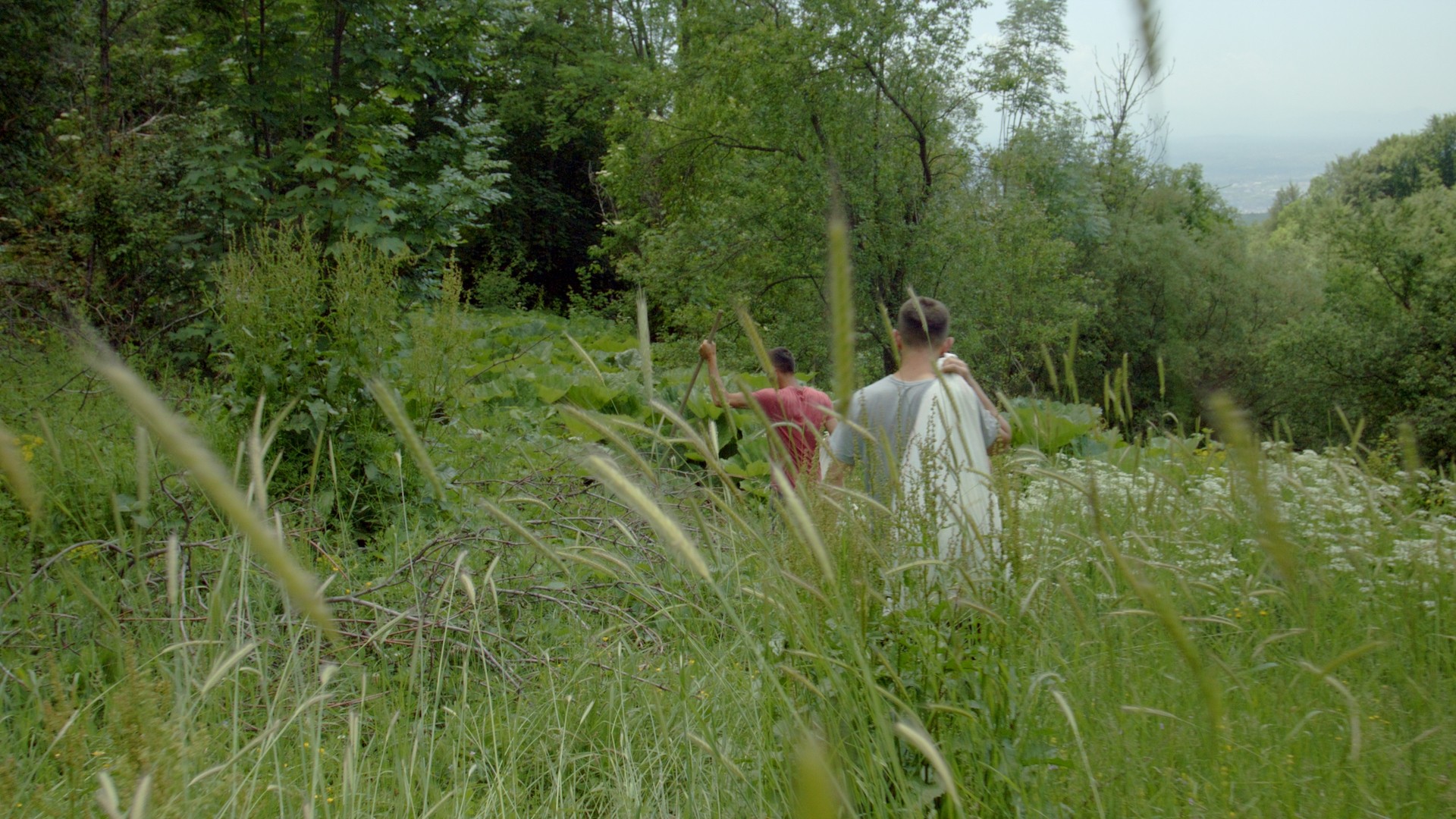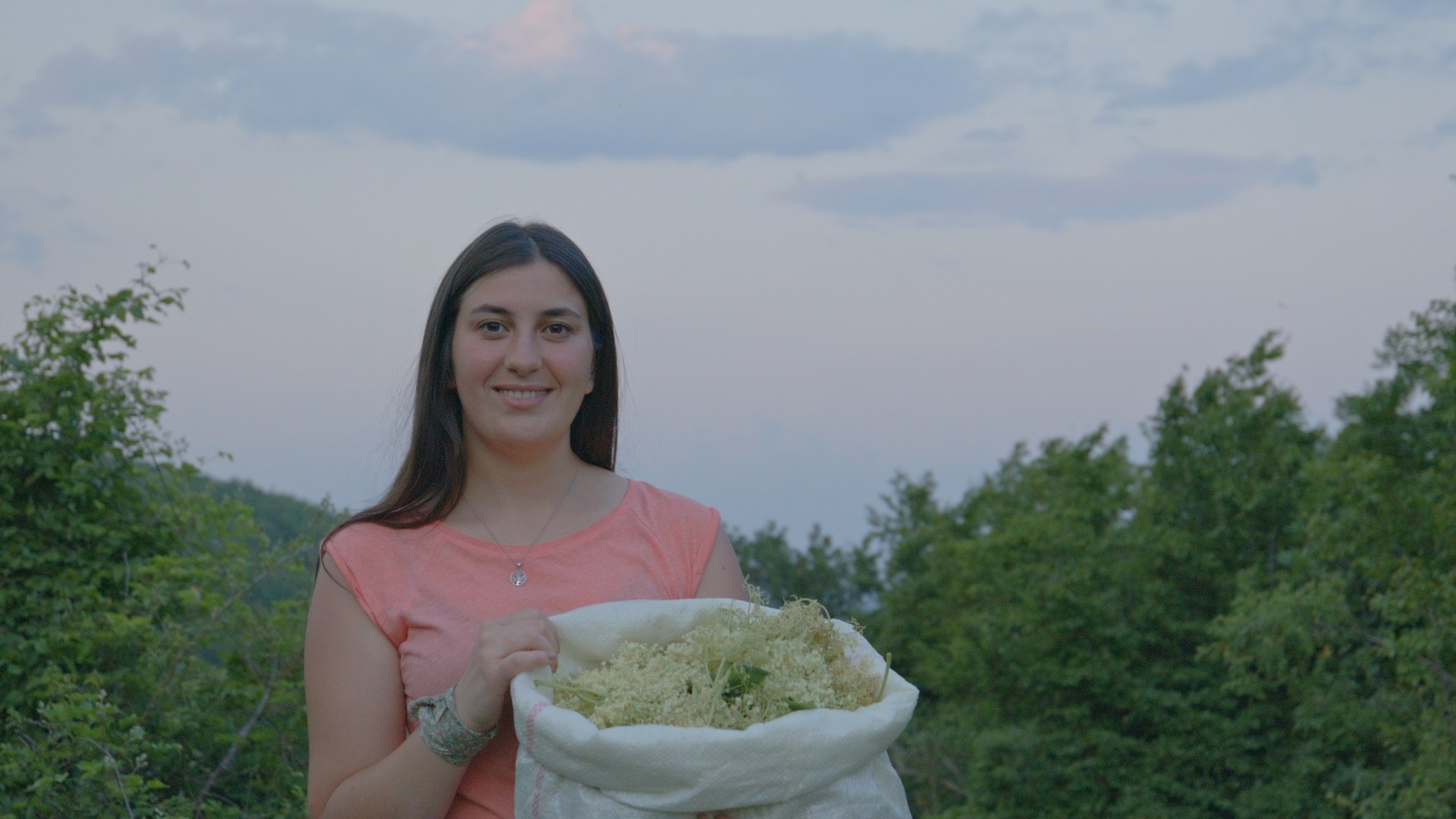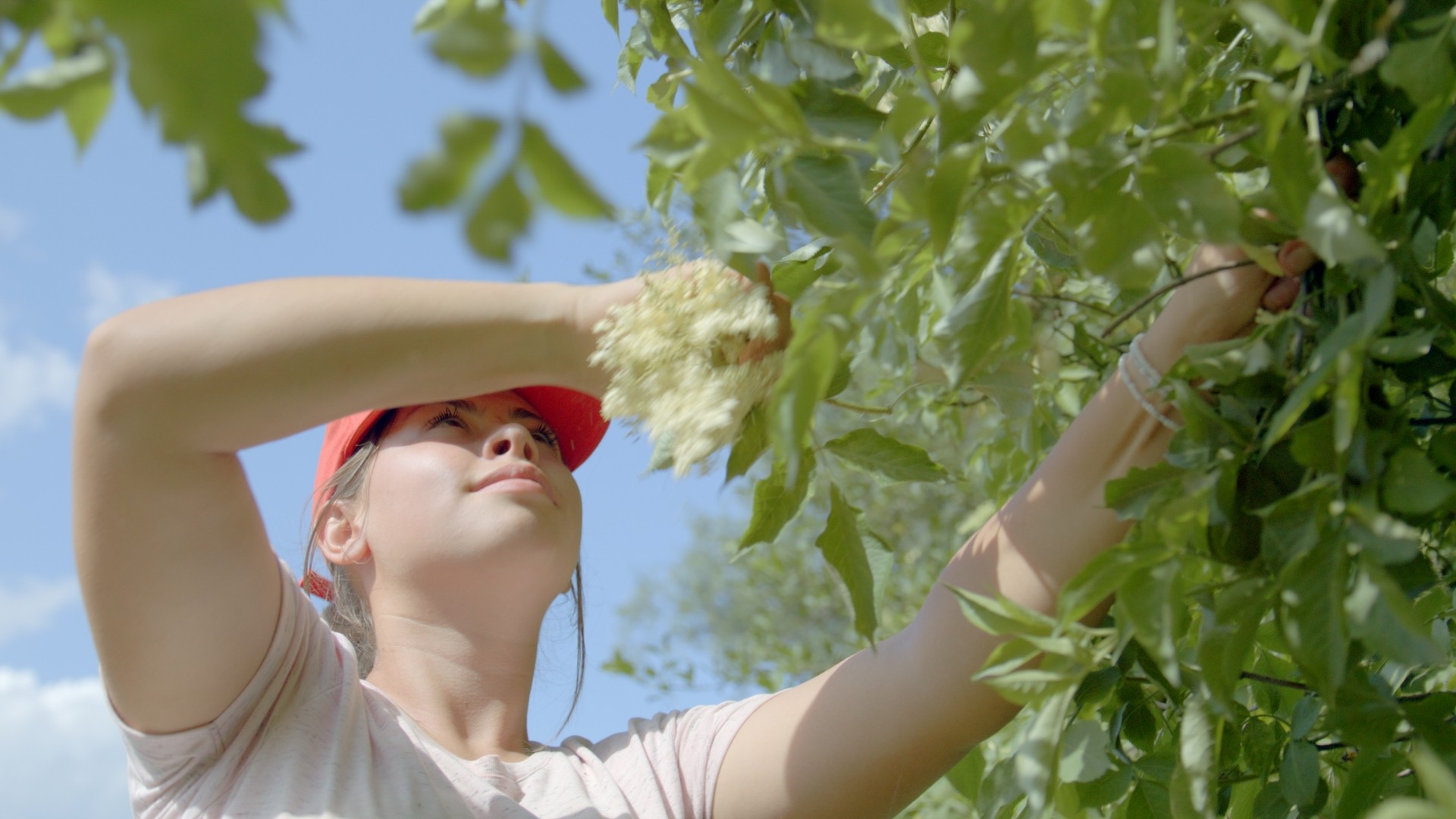Climate change is altering landscapes. It’s harming global ecosystems and the people who depend on them. Over 40% of medicines found in western pharmacies are derived from plants, many of them wild. This past summer our Chief Purpose Officer, Jamie Horst, joined the BBC Age of Change team in Kosovo, where we source FairWild®-certified elderflower for Organic Echinacea Plus Elderberry® wellness tea. She was there to show how certifications can set the stage to protect ecosystems and communities. In the BBC’s series Age of Change, we joined with other businesses around the world to highlight organizations that are prioritizing environmental health through intentional business.
Partnering for Change
We’re honored to be featured in BBC’s Age of Change series which highlights organizations that are prioritizing environmental health through intentional business. As a company that’s passionate about the preservation of wild medicinal plants and their ecosystems, we partnered with BBC StoryWorks to share the hard work behind the FairWild certification and the incredible producers who use this certification.
In early June, when white blossoms are starting to adorn the elderflower trees, Jamie Horst, our Chief Purpose Officer, traveled to Kosovo to meet with our FairWild producers. Black elder, the plant that produces both elderflower and elderberry, has a well-documented history of traditional use among herbalists. For centuries, people have planted elder, a strong symbol of protection, around their houses and hung it above windows. It was also the star of many culinary pursuits, including wines, preserves, and cordials due to its tart, bright flavor and stunning dark-purple color.

Of the nine species of shrubs and trees that are commonly associated with elder or elderberry, we use Sambucus nigra, a species native to Northern Africa, Europe, and Central and Western Asia.
What Is Fair Wild?
Setting Standards for People and the Planet
FairWild is an organization working to transform the supply chain of wild-collected plants to ecologically, socially, and economically sustainable business and resource management practices. They do it through a certification process based on strict trade system standards for wild-collected ingredients.
These standards help ensure that herb collectors experience ethical working conditions, fair income, greater benefits to their communities, and equal access to international supply chains.
FairWild works not only for the plants, but for the people who harvest them. This is vital because 60-90% of wild-collected plant species come from marginalized communities across the globe that rely on the plants for their income and wellbeing. Often, the collectors are women of indigenous or minority background with very few other options for earning an income. By empowering collectors and ensuring their traditional knowledge is honored and preserved, FairWild supports thousands of producers worldwide.
Traditional Medicinals was an early adopter of FairWild certification, connecting deeply with its mission and purpose.

Protecting Biodiversity
Elderflower is only one of the 30,000+ plant species offering medicinal, dietary, cosmetic, or aromatic purposes that are collected wild. While these plants have been utilized for thousands of years, demand for these products is growing worldwide — and resources are beginning to buckle under the pressure. Rapid loss of biodiversity is caused by climate change, and that loss is speeding up climate change, because many of the ecosystems being destroyed are greenhouse gas sinks that help regulate emissions. Also at risk? Wild plants themselves. Of the mere seven percent of all wild plants that have been assessed with threat criteria, one in five are at risk of extinction. This is why certification standards like FairWild are so vital to maintaining healthy global ecosystems for wild plants.
By choosing FairWild certified herbs, we are prioritizing the health of wild-collected plants and the environments they grow in to prevent over-exploitation.
FairWild also educates collectors: helping them to adopt more ecologically-sound practices while respecting time-honored expertise. Ensuring the preservation of these wild plant ecosystems provides stability for collectors, for their jobs and incomes, as well as their local source of wellness and medication. These methods of ecosystem preservation also greatly benefit wildlife, maintaining or helping restore biodiversity across the globe — especially in areas where certain species are becoming endangered.
Doing It Right
Traditional Medicinals sources many wild-harvested plants to produce our products, it’s vital that we have high standards for harvesting them sustainably. For collectors who are financially constrained, we are committed to supporting their efforts to obtain FairWild certification and engage in sustainable growth. From sharing knowledge to visiting these communities to find more ways we can partner for support, we are constantly seeking ways to help collecting communities achieve their goals.
It’s not only about current collection communities. As we seek to source more and more FairWild and fair trade herbs, we’re helping foster more collection communities that rely on stable, fair compensation while striving to preserve local, traditional knowledge for future generations. By setting new standards in our industry — we can help these communities achieve ongoing financial success while producing high-quality herbal products for our consumers.

When global plant ecosystems thrive, we thrive. By nurturing reciprocal relationships between plants and humans, we can support marginalized environments and communities. When you sit down to unwind with your cup of Traditional Medicinals herbal wellness, know that you are investing in the people and places that make up the sustainable global herb community.
As early adopters of FairWild, we proudly invest in the preservation of the environments and communities producing wild medicinal herbs to bring greater awareness to the reciprocal relationships between plants and humans.





